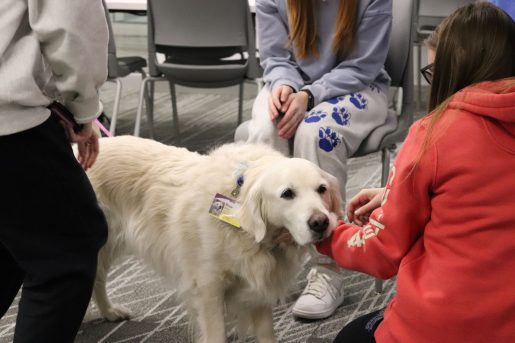The HSLS Staff News section includes recent HSLS presentations, publications, staff changes, staff promotions, degrees earned, and more.
Publications
Sri Chaparala, Lead Bioinformatics Specialist, and Ansuman Chattopadhyay, Director for Molecular Biology Information Services, co-authored the article:
Wood JA, Chaparala S, Bantang C, Chattopadhyay A, Wesesky MA, Kinchington PR, Nimgaonkar VL, Bloom DC, D’Aiuto L. RNA-Seq time-course analysis of neural precursor cell transcriptome in response to herpes simplex Virus-1 infection. J Neurovirol. 2024 Mar 13. doi: 10.1007/s13365-024-01198-8. Epub ahead of print. PMID: 38478163.
Kelsey Cowles, Research and Instruction Librarian, co-authored the book chapter:
Health Misinformation Instruction for Medical Professionals and Students. 2024. Ian Roberts, Stacy Brody, Rachel Brill, and Kelsey Cowles. In Health Literacy and Libraries, Eds. Emily Vardell and Deborah Charbonneau. MLA Books.

